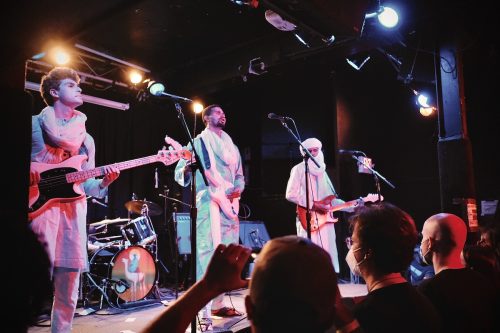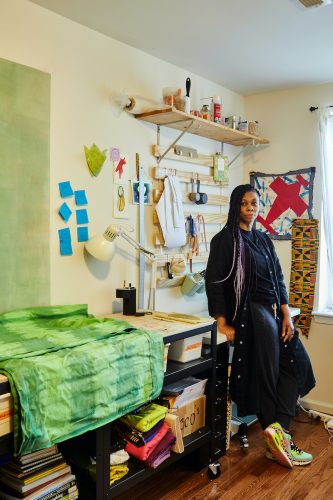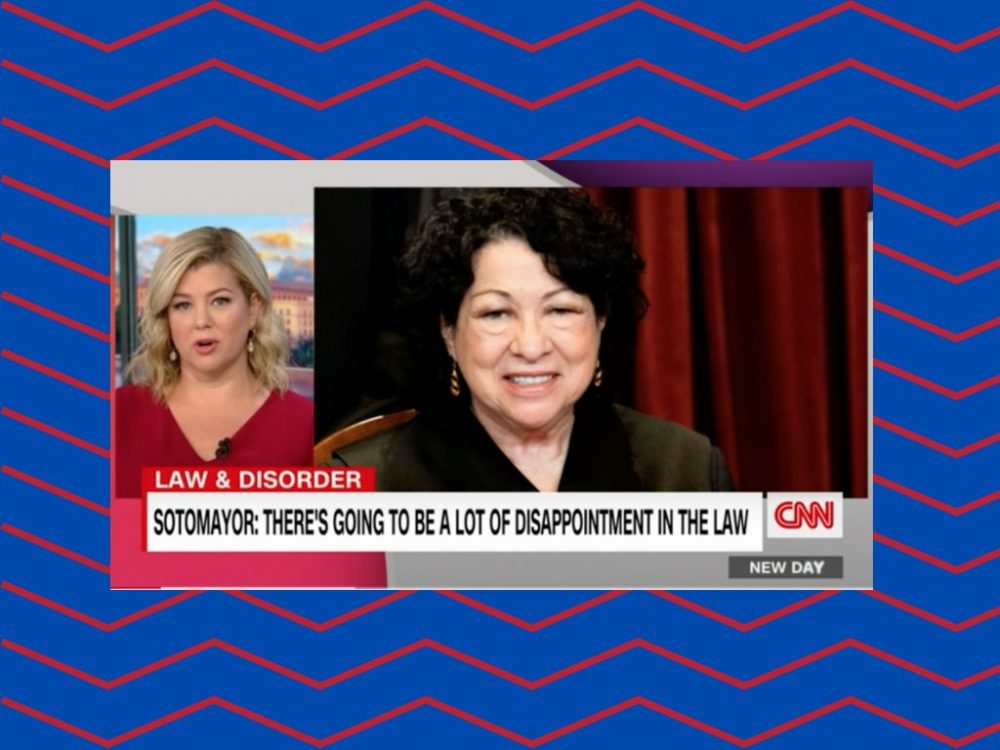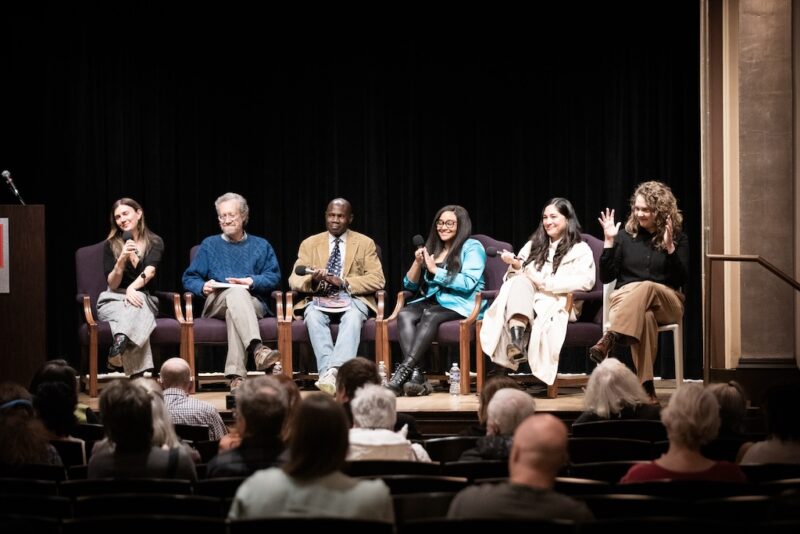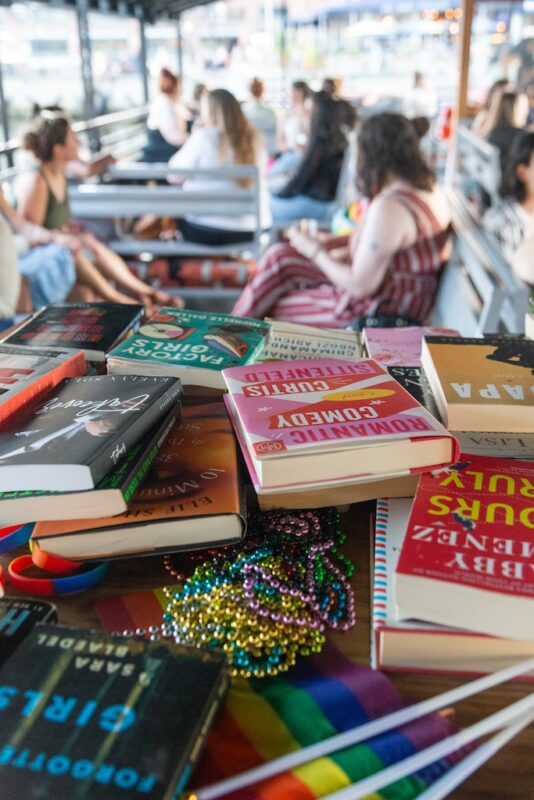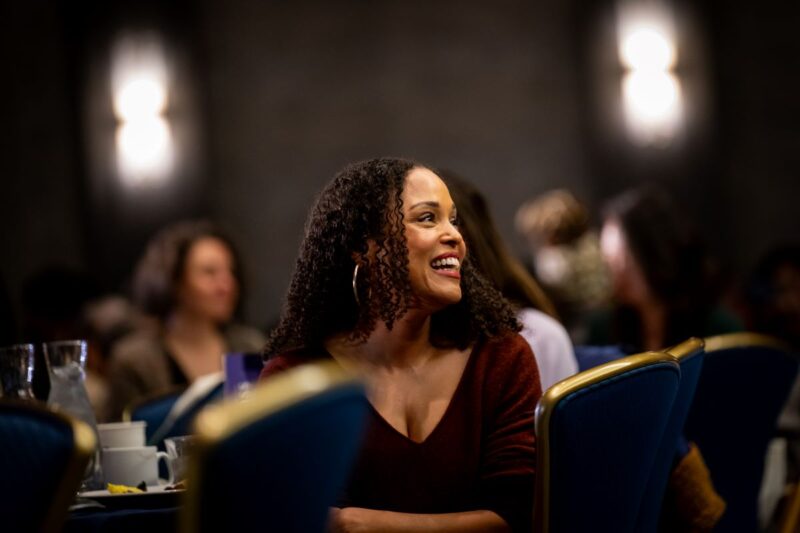4. n+1: Salt, Fat, Acid, Defeat
I haven’t enjoyed going to a restaurant since before the pandemic. Sure, I’ve been to some since I’ve been vaccinated, but I haven’t enjoyed a restaurant. I often think about when I will enjoy going to restaurants again.
The history of restaurants is something I’ve never investigated—but their future is something I contemplate. Restaurants trace their origins back “to mid-eighteenth-century Paris, but it wasn’t until the early 19th century that the modern restaurant, born of an alliance between capital, power, and the press, was set on its course,” writes Aaron Timms. After “restaurants emerged as distinct institutions, every generation has imagined that it eats better than its predecessors.” Labor issues have always been bound up in restaurant culture, and “As the pre-Covid restaurant became, like many other social institutions, a tool for economic dominion, resistance was gathering. The food-security and food-justice movements gained strength, amid a broader resurgence of the left, pointing the way to another path for the restaurant once the pandemic passes.”
However, “restoring its place at the center of local public life, engaged with questions of common welfare and material redistribution—will not be easy, requiring courage, imagination, solidarity, and generosity at all levels of the hospitality industry, from chefs and owners to journalists and diners. But for many restaurants, recovering a lost political vocation—along with the exigencies of resistance, discovery, and human contact that are critical to the act of feeding people—might be the only hope for life after the virus.”
